Taxpayers for Common Sense released today a new report detailing billions in taxpayer-backed subsidies that have been risked on oil shale development.
Click here to view our report entitled “Subsidizing Oil Shale: Tracing Federal Support for Oil Shale Development in the United States“
|
FOR IMMEDIATE RELEASE
CONTACTS:
Report shows billions risked on oil shale speculation A new report Subsidizing Oil Shale: Tracing Federal Support for Oil Shale Development in the United States, from the nonpartisan budget watchdog, Taxpayers for Common Sense, shows that over the last century, billions of dollars in taxpayer-funded subsidies have been risked on failed oil shale experiments. According to the report, the federal government made $3.2 billion dollars in loan guarantees and $3.7 billion in price guarantees – all taxpayer dollars – available to oil companies to commercialize oil shale in the 1980s. The returns on those investments included devastated local economies, abandoned projects, and a failed oil shale industry. Yet, oil shale has never been a viable commercial product. The report comes in advance of draft commercial regulations, or rulemaking, for oil shale development on public lands that are expected to be released before the end of the year. The new rulemaking will determine the royalty rate – or percentage return to taxpayers – for developing publicly-owned oil shale deposits and whether or not taxpayers will continue to subsidize oil shale through bargain basement royalty rates. “With the nation poised at the edge of the fiscal cliff, we can’t afford to continue this billion-dollar boondoggle, which in more than one hundred years, has never resulted in a commercially viable energy source,” said Ryan Alexander, President of Taxpayers for Common Sense. Despite oil shale’s long history of failure, in 2005 Congress directed the Bureau of Land Management (BLM) to draft commercial leasing regulations. Under the Bush administration, the BLM set royalty rates at five percent – less than half the rate set for oil and gas development on public lands. Today oil companies receive taxpayer subsidies through tax deductions, and write-offs for infrastructure and costs incurred. At the same time, local communities have struggled to pay for the local impacts of drilling, including infrastructure, government service, and housing. “Most communities with oil shale deposits are struggling financially and this is where the rubber hits the road – royalty rates and revenues for local governments. These communities have to pay for the increased demands of development, including workforce housing, child care, safety enforcement, health care and wear and tear on roads. We can’t do that if royalty rates are set at bargain basement prices,” said Jim Spehar, former Colorado Municipal League President who has served as both Mayor and City Council member in Grand Junction and as Mesa County Commissioner. “We need the government to stop gambling our taxpayer dollars on costly oil shale speculation,” added Alexander. Oil shale is a rock that contains a waxy substance called kerogen. In order to create fuel from oil shale, the rock must be superheated for several years. Once that’s been accomplished, the liquid recovered must be refined to create a transportation fuel. Oil shale today is often conflated with shale gas and shale oil, giving the false impression that oil shale is somehow ready for prime time. To clarify, oil shale is not “shale oil,” which has been drilled using the ubiquitous “fracking” method that has been written about and discussed extensively in the past couple of years. Oil shale is a rock found mainly in Colorado, Wyoming, and Utah that must be superheated and refined and has never been a viable commercial product. Earlier this year a Congressonal Budget Office analysis found that opening up public lands to commercial oil shale development would provide zero revenue. “Prematurely pushing an industry into the marketplace by propping it up with federal subsidies is a bad risk for taxpayers,” said Alexander. # # # Taxpayers for Common Sense is an independent and nonpartisan voice for taxpayers, working to increase transparency and expose and eliminate wasteful and corrupt subsidies, earmarks, and corporate welfare. For more information, visit: www.taxpayer.net |

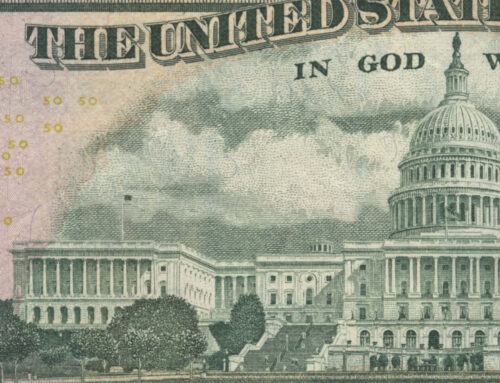
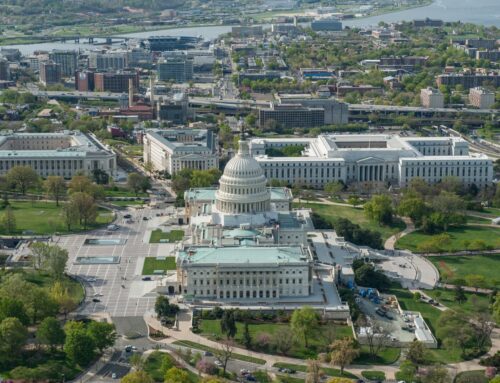


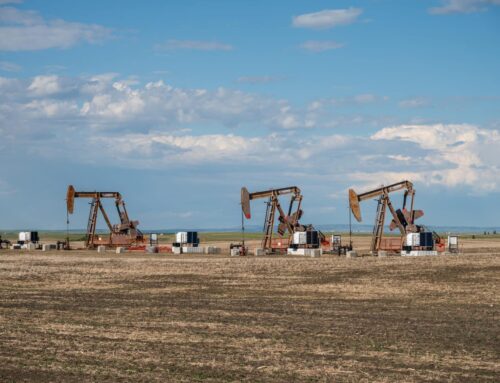
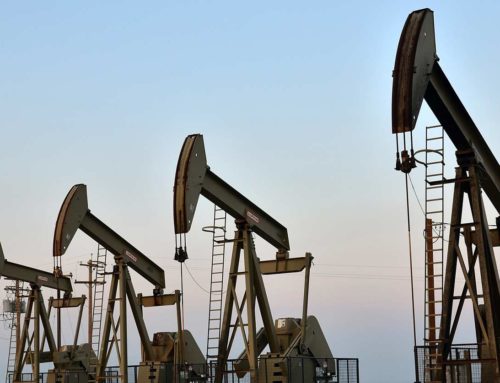


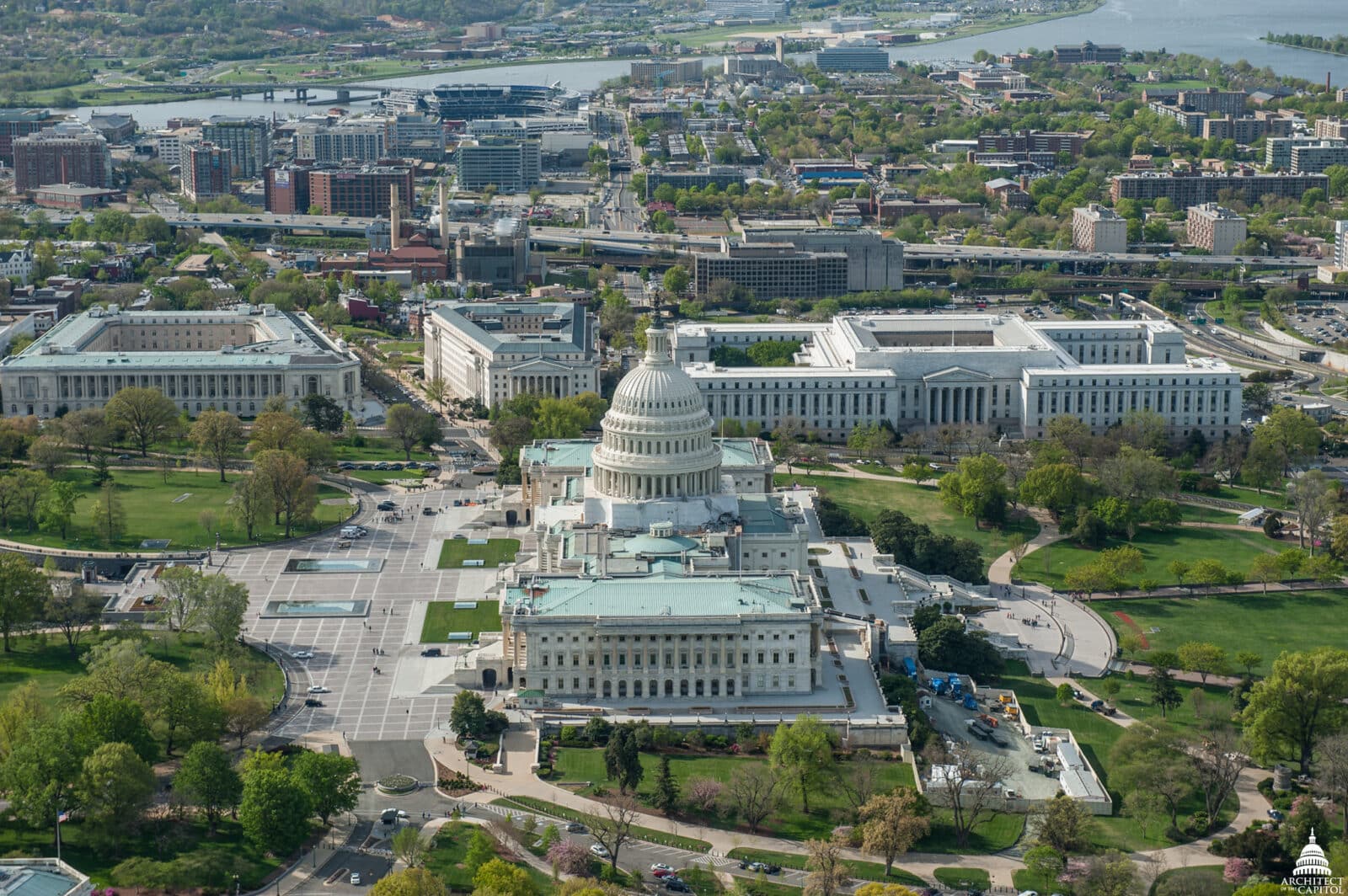


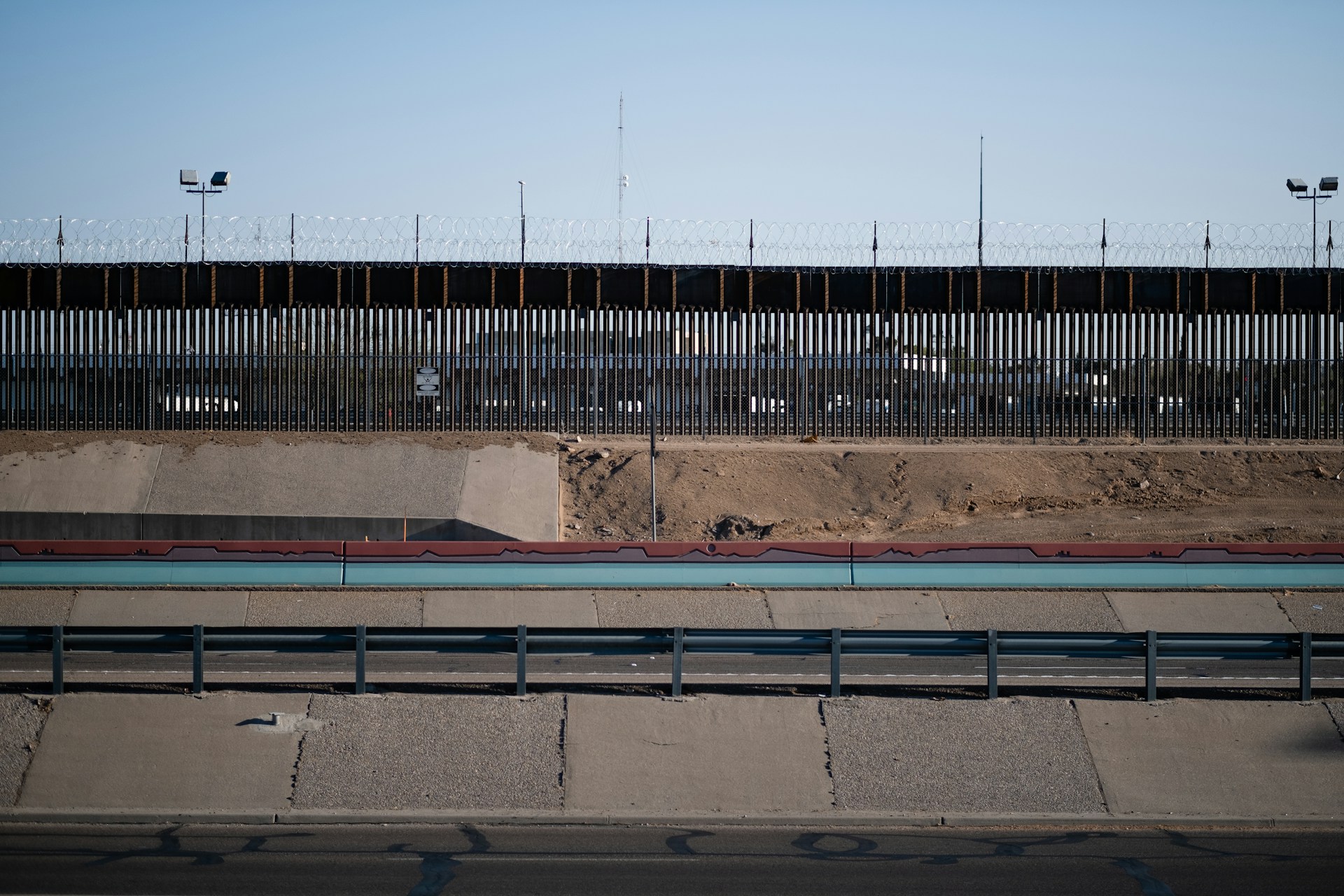
Get Social